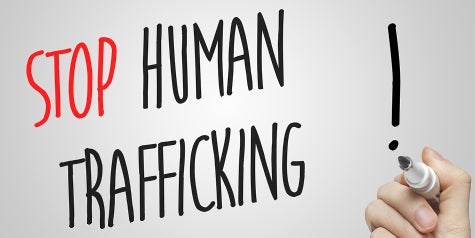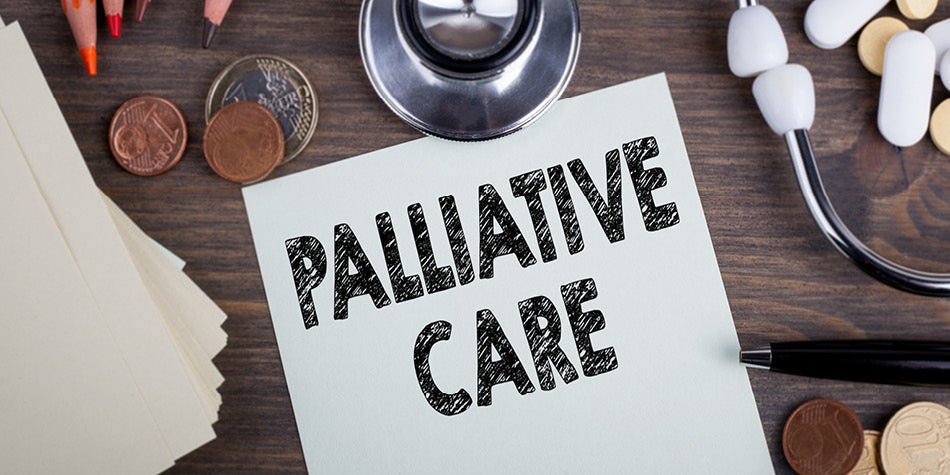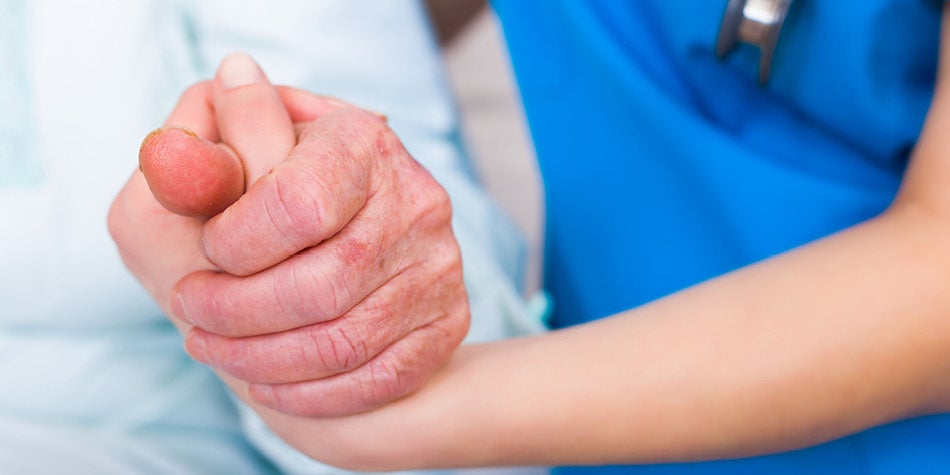Human Trafficking Awareness

Brad Dennis, national search director for the KlaasKIDS Foundation's Search Center for Missing and Trafficked Children, presented symptoms and red flags for potential human trafficking cases. Baptist Health Care wants to share these with everyone in the community.
Nurses and clinicians can speak up or ask further questions if they notice any of these signs in a patient:
· No identification
· Lack of documentation to show age and health immunizations
· Tattoos or branding on children (examples: crowns, words that indicate property, such as “daddy’s little princess”)
· Unclear past and medical history – story does not match the ailment, illness or trauma the patient is being seen for in the setting
· Inconsistent stories or changing answers about the trauma/reason for visit
· No stable address or unwilling to give an address
· Sexually transmitted disease
· Wearing skimpy clothes that are much smaller than necessary
· Presence of cotton or debris in genitals
· Problems with jaw or neck
· Inability to keep appointments
· Accompanied by a person who does not allow the child/patient to speak and is unwilling to leave the child/patient alone during care or examination
· Child is alone or without an adult present, and is constantly on the phone texting with someone, even during an exam
· Condoms or other pregnancy-prevention devices in a child’s possession
· Many keys that are loose or on a key ring - This could be an indication of hotel room or staying in multiple places
· Burner cell phone – These are temporary, disposable and pre-paid mobile phones that can be replaced frequently
· Pre-paid credit cards – This is a way that a trafficker makes money on the trafficked child. A child’s labor could be paid for using these temporary cards
· Multiple receipts – These may indicate that the trafficked child is making deposits on pre-paid credit cards for the person in control of her or him
These are just a few signs that could indicate cause for concern and can be reason for a health care professional to ask patients more questions. Health care workers are encouraged to show concern, compassion and believe a patient who trusts them enough to share details of a situation.
All persons and community members can do the following if they suspect a case of human trafficking:
- Learn the facts about human sex trafficking in our own communities.
- Work more closely with local and state law enforcement.
- Become educated and share vitally-needed education to our peers, friends, organizations and parent groups.
- Learn and share the National Human Trafficking Resource Center Hotline (NHTRC): 1.888.373.7888. Post it in public areas.
- Pay attention in the community and speak up when something doesn’t seem right.
For safety, experts recommend that individuals never confront a suspected trafficker directly. Instead, they say to contact local authorities and call the NHTRC hotline, 1.888.373.7888. In Florida, the child abuse and neglect hotline is 800.96.ABUSE (22873). A best practice includes continuing the conversation because talking about it just once is not enough. Talk with people involved in anti-trafficking efforts in the community, as well as with local law enforcement personnel. Find out what’s going on and how to help. Print this handout, and keep it with you and share with others.


